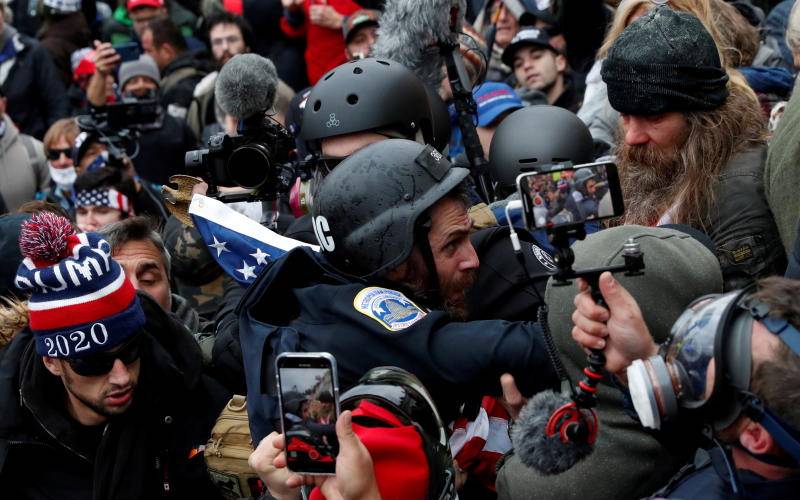×
The Standard e-Paper
Fearless, Trusted News

When President Donald Trump delivered his inaugural speech on January 20, 2017, he promised an end to “American carnage,” a bleak and dysfunctional nation he had promised that he alone could fix.
Closing out his presidency exactly four years later, Trump leaves behind an even more polarised America, where thousands are dying daily from the Covid-19 pandemic, the economy is badly damaged and political violence has surged.